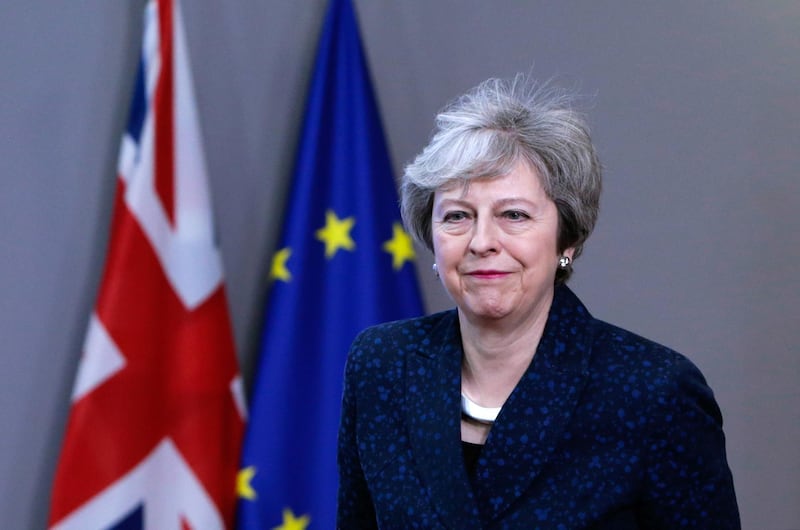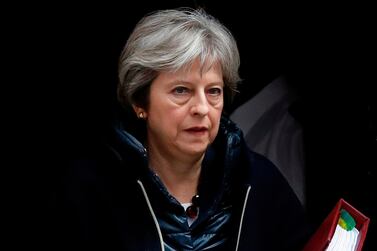France would oppose any British request to delay Brexit if London was simply delaying making a decision, but could agree if London presented a credible political solution, a French government official said on Thursday.
The warning came as British prime minister Theresa May held talks in Brussels with European Union (EU) leaders to plead for a change to the divorce deal she negotiated last year in the hope of getting it through the British parliament.
French president Emmanuel Macron has vocally championed an EU refusal to reopen the agreement and water down a provision designed to ensure there is never a hard border between Ireland and the British province of Northern Ireland.
If Britain does not reach a deal acceptable to the EU and its own parliament in the next 50 days, it will crash out of the bloc with few measures to cushion the economic shock. Extending the withdrawal period would need the approval of all 27 remaining EU members.
Paris would be willing to grant an extension of up to a year if Britain called an election or a second referendum, or presented a new plan that was acceptable to all sides but needed more time to be finalised.
"Fundamentally, we oppose an extension without a plan. That's clear. We won't accept it," the official, speaking on condition of anonymity, told Reuters.
"If, however, the British told us: 'to build a new political solution, we need an extra three months, six months or even a year', we would be open to that."
French officials believe Britain is running down the clock in the expectation that the EU will cave in on the Irish backstop. The official said this was a fundamental mistake and underestimated the EU's resolve to protect Ireland and its own credibility.
"The exhaustion strategy will not work," the official said. "It would be much worse for us to give an impression of weakness and indecision than to have a no-deal."
Buckling on the Irish backstop would send a signal of weakness to smaller EU members and also foreign leaders such as US President Donald Trump, who might feel they could bully the bloc on issues such as trade, the official said.
“It's not a question of misplaced pride or technocratic rigour. It's becoming a credibility issue.”
The official said EU countries were less and less worried about a possible no-deal Brexit, and that markets were pricing in such an outcome and weakening Britain's leverage.
"For many banks and investors, it is becoming the baseline scenario. As they say on the markets, it's priced in. And even politically, it's getting more and more priced in."







